- myFICO® Forums
- FICO Scoring and Other Credit Topics
- General Credit Topics
- Re: Is my DTI too low?
- Subscribe to RSS Feed
- Mark Topic as New
- Mark Topic as Read
- Float this Topic for Current User
- Bookmark
- Subscribe
- Mute
- Printer Friendly Page
Is my DTI too low?
Is your credit card giving you the perks you want?
Browse credit cards from a variety of issuers to see if there's a better card for you.
- Mark as New
- Bookmark
- Subscribe
- Mute
- Subscribe to RSS Feed
- Permalink
- Report Inappropriate Content
Is my DTI too low?
My DTI is about 7% with 6 figure salary and FICO score of around 760 across all 3 bureaus. Just wondering if banks have a threshold of what they consider too low of a DTI and deem you not profitable
- Mark as New
- Bookmark
- Subscribe
- Mute
- Subscribe to RSS Feed
- Permalink
- Report Inappropriate Content
Re: Is my DTI too low?
No.
You are a prime candidate for a sizeable loan. They want your interest payments ![]() . Top tier is 780 or 800 so some lenders may hold back on giving you their best rate.
. Top tier is 780 or 800 so some lenders may hold back on giving you their best rate.
Fico 8: .......EQ 850 TU 850 EX 850
Fico 4 .....:. EQ 809 TU 823 EX 830 EX Fico 98: 842
Fico 8 BC:. EQ 892 TU 900 EX 900
Fico 8 AU:. EQ 887 TU 897 EX 899
Fico 4 BC:. EQ 826 TU 858, EX Fico 98 BC: 870
Fico 4 AU:. EQ 831 TU 872, EX Fico 98 AU: 861
VS 3.0:...... EQ 835 TU 835 EX 835
CBIS: ........EQ LN Auto 940 EQ LN Home 870 TU Auto 902 TU Home 950
- Mark as New
- Bookmark
- Subscribe
- Mute
- Subscribe to RSS Feed
- Permalink
- Report Inappropriate Content
Re: Is my DTI too low?
@Thomas_Thumb wrote:No.
You are a prime candidate for a sizeable loan. They want your interest payments
. Top tier is 780 or 800 so some lenders may hold back on giving you their best rate.
^^^^ This
- Mark as New
- Bookmark
- Subscribe
- Mute
- Subscribe to RSS Feed
- Permalink
- Report Inappropriate Content
Re: Is my DTI too low?
@CreditPoor wrote:My DTI is about 7% with 6 figure salary and FICO score of around 760 across all 3 bureaus. Just wondering if banks have a threshold of what they consider too low of a DTI and deem you not profitable
The lower your DTI the better. There is no such thing as too low.
































Total revolving limits 569520 (505320 reporting) FICO 8: EQ 699 TU 696 EX 682
- Mark as New
- Bookmark
- Subscribe
- Mute
- Subscribe to RSS Feed
- Permalink
- Report Inappropriate Content
Re: Is my DTI too low?
@CreditPoor wrote:My DTI is about 7% with 6 figure salary and FICO score of around 760 across all 3 bureaus. Just wondering if banks have a threshold of what they consider too low of a DTI and deem you not profitable
How are you calculating your DTI?
Chapter 13:
- Burned: AMEX, Chase, Citi, Wells Fargo, and South County Bank (now Bank of Southern California)
- Filed: 26-Feb-2015
- MoC: 01-Mar-2015
- 1st Payment (posted): 23-Mar-2015
- Last Payment (posted): 07-Feb-2020
- Discharged: 04-Mar-2020
- Closed: 23-Jun-2020
I categorically refuse to do AZEO!





In the proverbial sock drawer:



- Mark as New
- Bookmark
- Subscribe
- Mute
- Subscribe to RSS Feed
- Permalink
- Report Inappropriate Content
Re: Is my DTI too low?
@CreditPoor wrote:My DTI is about 7% with 6 figure salary and FICO score of around 760 across all 3 bureaus. Just wondering if banks have a threshold of what they consider too low of a DTI and deem you not profitable
some credit card lenders might not like if there's very limited shown usage of your cards (even just PIF usage) and a small group of smaller lenders might be skittish if you have too much available credit that you don't really need, but nothing that would stop me from trying to make my DTI as small as possible.
you are in a far more favorable position to get credit when you don't need it as opposed to when you do actually need it



Current FICO 8:






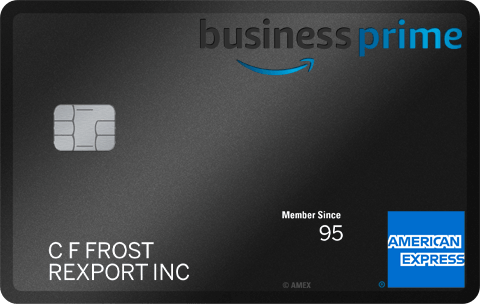



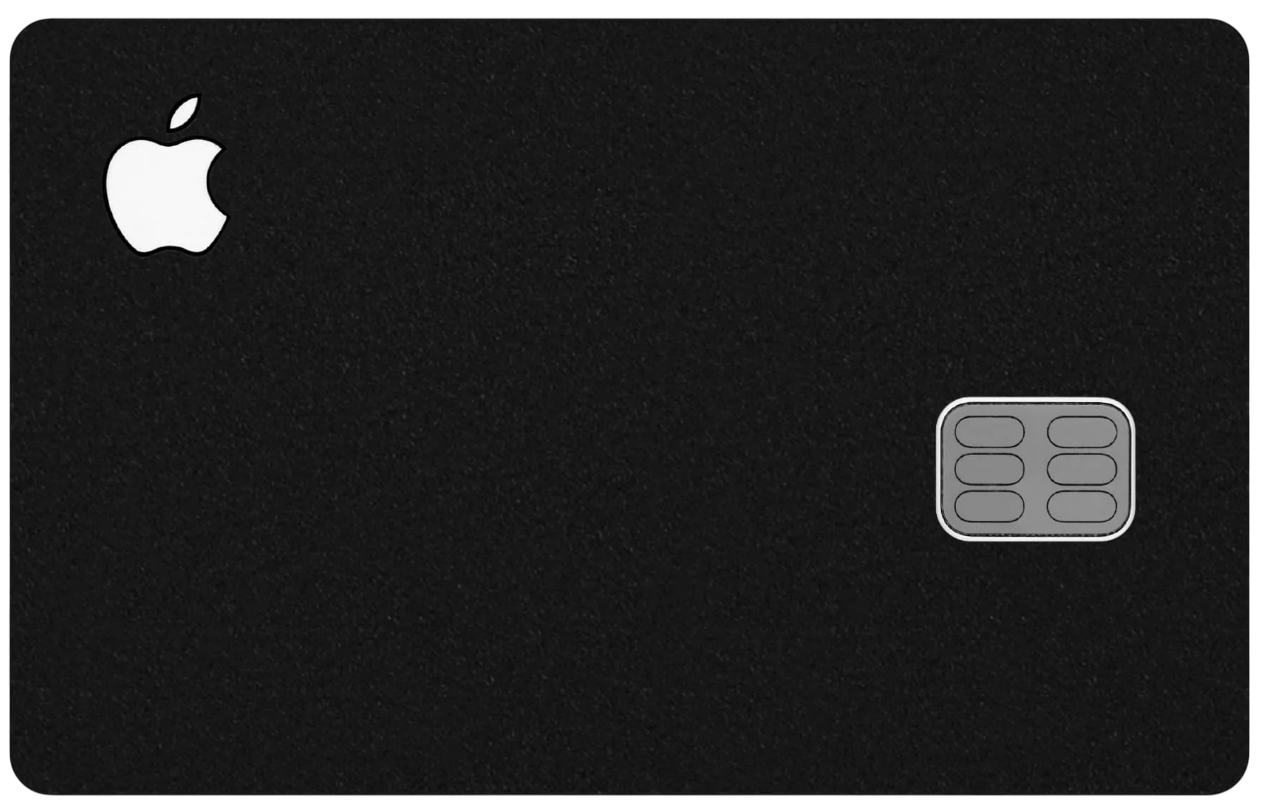


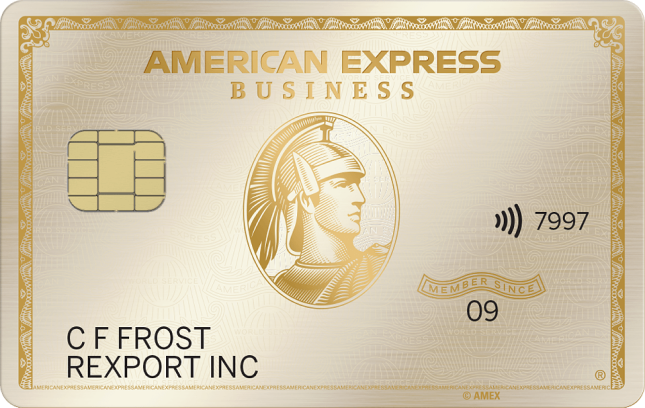







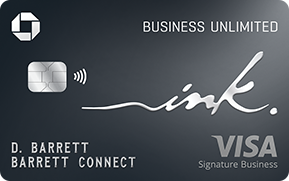


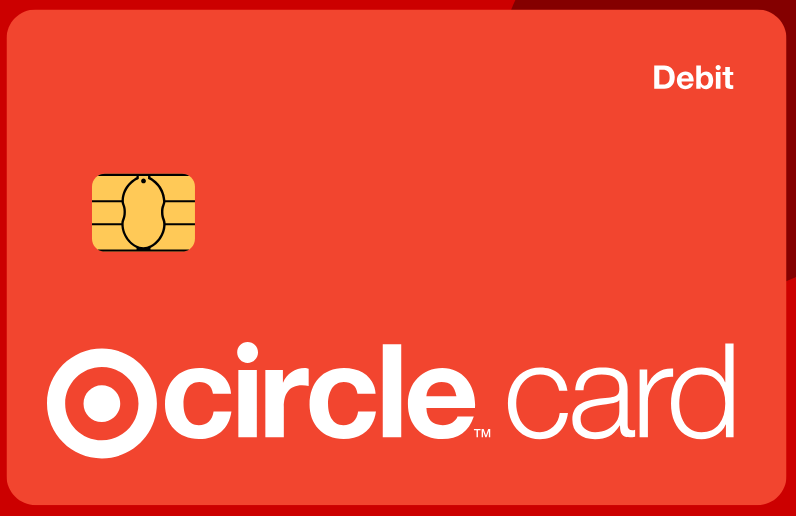

- Mark as New
- Bookmark
- Subscribe
- Mute
- Subscribe to RSS Feed
- Permalink
- Report Inappropriate Content
Re: Is my DTI too low?
Determine Your Monthly Debt Payments: Add up all your monthly debt payments, including mortgage/rent, car loans, student loans, credit card minimum payments, and any other loans or debts you may have.
Calculate Your Gross Monthly Income: Add up all your gross monthly income sources before taxes. This includes your salary, wages, bonuses, alimony, rental income, etc.
Divide Your Total Monthly Debt Payments by Your Gross Monthly Income: Once you have both figures, divide your total monthly debt payments by your gross monthly income. Then, multiply the result by 100 to get a percentage.
- Mark as New
- Bookmark
- Subscribe
- Mute
- Subscribe to RSS Feed
- Permalink
- Report Inappropriate Content
Re: Is my DTI too low?
@CreditPoor wrote:Determine Your Monthly Debt Payments: Add up all your monthly debt payments, including mortgage/rent, car loans, student loans, credit card minimum payments, and any other loans or debts you may have.
Calculate Your Gross Monthly Income: Add up all your gross monthly income sources before taxes. This includes your salary, wages, bonuses, alimony, rental income, etc.
Divide Your Total Monthly Debt Payments by Your Gross Monthly Income: Once you have both figures, divide your total monthly debt payments by your gross monthly income. Then, multiply the result by 100 to get a percentage.
Just confirming. ![]()
Before we moved to a larger place about 2 years ago my DTI was 4%; after the move it went up to 12%. Then a year later I bought a new fully tarted out Tacoma and that rocketed my DTI up to 17%. It's a good thing there isn't such a thing as a DTI which is too low, if there was, when I came out of my Chapter 13 I would never have been allowed to rebuild. ![]()
Chapter 13:
- Burned: AMEX, Chase, Citi, Wells Fargo, and South County Bank (now Bank of Southern California)
- Filed: 26-Feb-2015
- MoC: 01-Mar-2015
- 1st Payment (posted): 23-Mar-2015
- Last Payment (posted): 07-Feb-2020
- Discharged: 04-Mar-2020
- Closed: 23-Jun-2020
I categorically refuse to do AZEO!





In the proverbial sock drawer:



- Mark as New
- Bookmark
- Subscribe
- Mute
- Subscribe to RSS Feed
- Permalink
- Report Inappropriate Content
Re: Is my DTI too low?
Wa choo talk 'in 'bout, willis?
- Mark as New
- Bookmark
- Subscribe
- Mute
- Subscribe to RSS Feed
- Permalink
- Report Inappropriate Content
Re: Is my DTI too low?
@CreditPoor I'm certain all do and it varies from one financial institution to another.